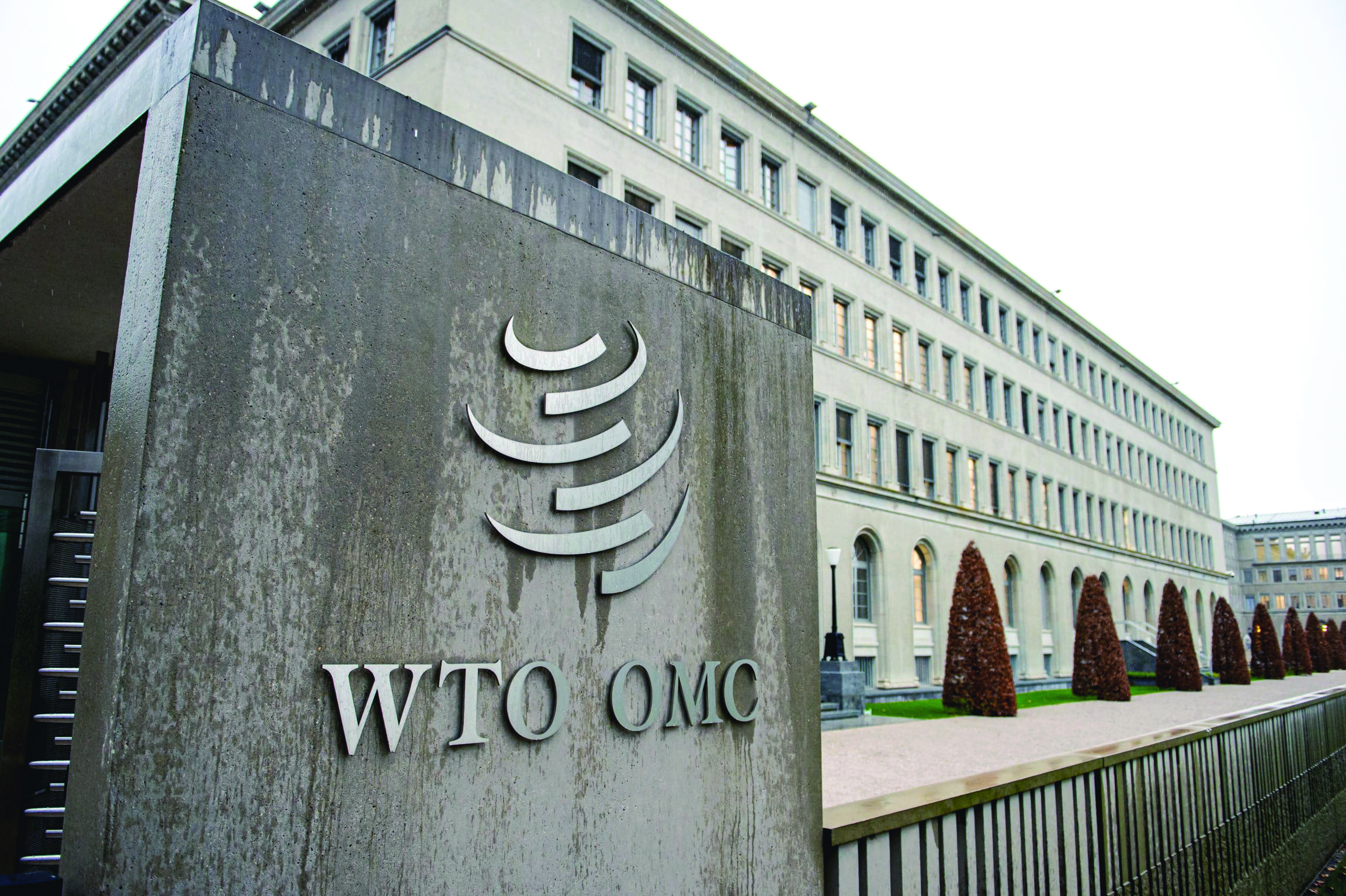‘India’s move to block China-led investment facilitation in WTO promotes multilateralism’

India’s move to block a China-led investment facilitation pact in the recently concluded WTO ministerial meeting in Abu Dhabi will help promote multilateral agreements in the 166-member global trade watchdog, according to experts.
The ministerial conference (MC), the highest decision-making body of the World Trade Organisation (WTO), concluded late night on March 1. The talks, which were to end on February 29, got extended by almost two days due to a logjam among members on key issues like agri, fisheries subsidies and the e-commerce moratorium.
International trade experts stated that India’s principled stand in opposing the addition of the IFDA (Investment Facilitation for Development Agreement) into the WTO is based on its longstanding support for multilateralism. A group of over 120 nations, led by China, tried to push the IFDA to integrate into the WTO as a plurilateral agreement at the 13th MC meet in Abu Dhabi, UAE.
India, South Africa and others opposed it because it was a joint statement initiative and did not have a ministerial mandate.
“India, along with other developing countries, was also cautious about the push for a multilateral framework on investment facilitation, arguing that it could impose binding commitments that limit policy space for development and industrialisation strategies,” Global Trade Research Initiative (GTRI) founder Ajay Srivastava said. Sharing similar views, former head of the Centre for WTO Studies Abhijeet Das said that India’s stand would help preserve the WTO as an institution for multilateral agreements, and not plurilateral agreements.
In a multilateral pact, all the 166 members have to reach a consensus for that, as it is the basic foundation of the WTO. On the other hand, when a group of nations signs a pact is called a plurilateral agreement.
Ashwani Mahajan of the Swadeshi Jagran Manch also said that by blocking the agreement, India has safeguarded sovereignty and global peace.
IFDA aimed to create legally binding provisions for facilitating investment flows, and it requires states to augment regulatory transparency and predictability of investment measures.
“It must be noted that though every international agreement limits scope for domestic regulations, in the case of IFA this is more the case and sovereign rights of the member countries compromised in the name of investment facilitation,” Mahajan said. Further, Srivastava said that the new issues are quietly sneaking into the WTO agenda.
“Most new issues start as the Joint Statement Initiatives (JSIs) by some WTO members to promote discussions on specific trade-related issues and without agreement from all WTO members,” he said, adding that the EU-led initiative on domestic regulation on services supported by 72 nations was accepted with consensus by WTO members for inclusion into the WTO rule book. India is not part of any JSI so far.



